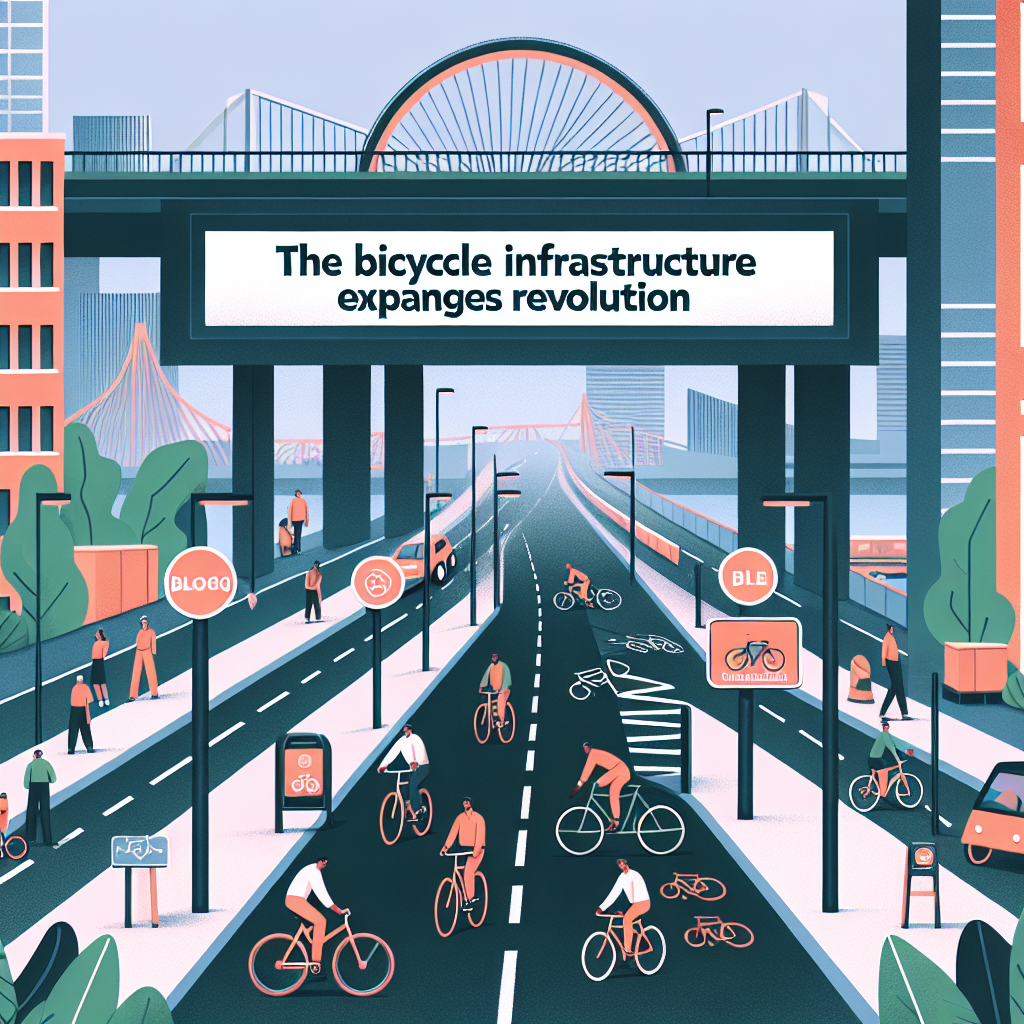In the swirling storm of today’s politics, one unexpected element has pedaled its way into contention – bicycle infrastructure expansion. Our investigation starts with a trend analysis.
1. Research Question
The research asked: Is the widespread urban transformation towards more bicycling lanes beneficial for cities and their residents? Does this ‘green transition’ possess political implications?
2. Methodology
Data was gathered from five major metropolitan areas in which recent expansions have occurred. Environmental scientists measured changes in air quality while urban planners evaluated traffic patterns before and after dedicated bike paths were implemented.
3. Key Findings
Bike lanes improved air quality significantly by reducing vehicle emissions and encouraging people to cycle rather than drive – even during peak hours.
4. Scientific Significance
This study confirms that greater bike use can positively affect environmental health within cities.
5. Practical Applications
The results suggest that expanding cycling networks should be part of any city’s sustainability strategy.
6.Expert Reactions
Cities’ initiative for bike-friendly environments has been broadly welcomed as experts believe it will lead to healthier residents with less congestion too.<\/P
A deeper understanding needs to be gained about accessibility issues surrounding such infrastructural changes.<\/P\9.Ethical Considerations
The economic and class implications of these changes must be addressed to ensure equitable distribution of resources.
The trail of evidence leads to potential political implications ranging from local city elections up to national environmental policies.


